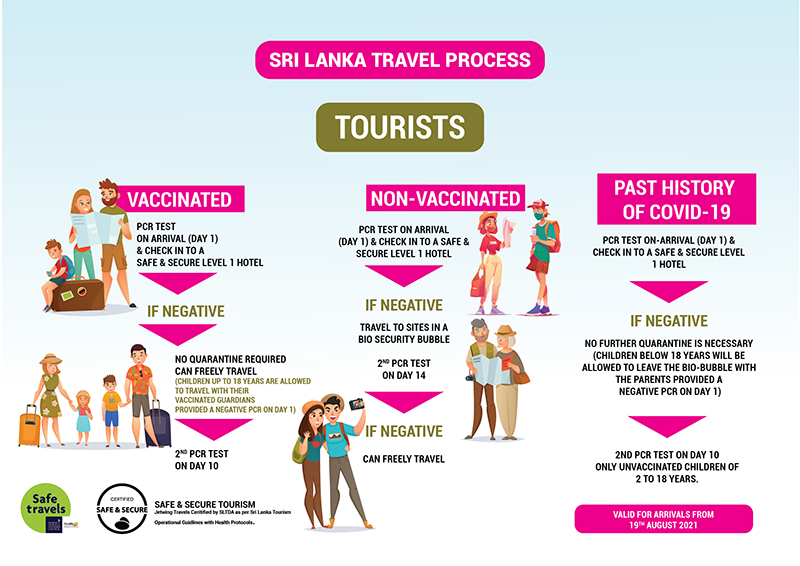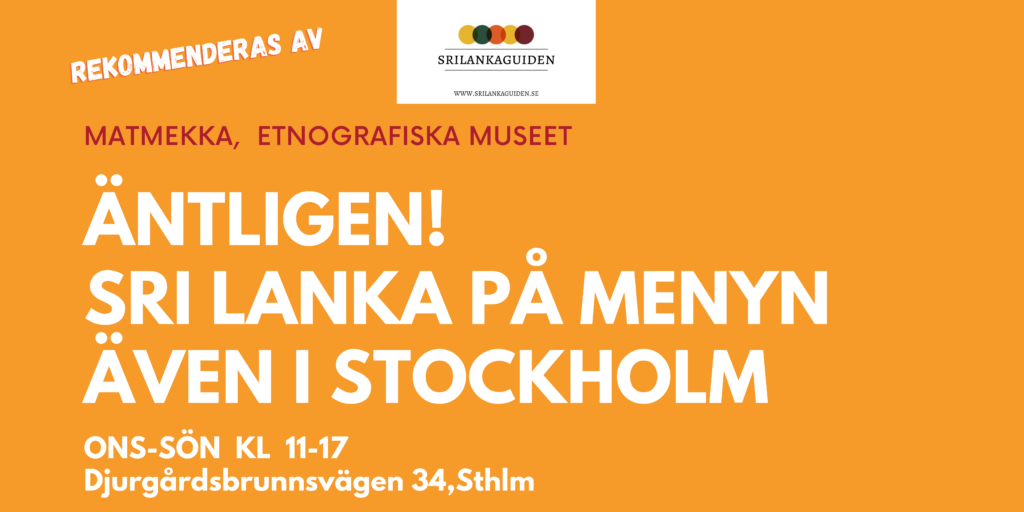29 / 5000
SWEDISH GENDER EQUALITY BEING EXPORTED
Article today in Sweden´s largest techpaper about Ascentic.
google translated.
https://computersweden.idg.se/2.2683/1.752636/de-ska-locka-lankesiska-utvecklare–med-svensk-pappaledighet
They want to attract Sri Lankan developers – with Swedish paternity leave Colombo-based development company Ascentic provides Swedish companies with software developers. And it is also Swedish values that the company has invested the most in to attract staff. Swedish companies’ constant search for software developers can lead to all possible and impossible effects. For Anna Kalm and her husband Patrik Alm, it has meant the start of a whole new life. Nowadays, they have taken their pick and pack and moved to Colombo in Sri Lanka, where they have built up the company Ascentic in recent years.
The idea for the company was born when Anna Kalm worked as a partner manager at Microsoft.
– What all companies had in common was that they had difficulty finding developers to grow, and to scale when demand increased, she says.
However, it did not explain the address of the new company. It discovered the couple on their own in their spare time,- We had been on holiday in Sri Lanka and liked it very much, and we had talked for a long time about starting our own. My husband talked about tourism, but I who had a background in the IT industry was more eager for it, says Anna Kalm.
Only Swedish customers and so it was, with Colombo as a base, and there is hardly a lack of IT skills.
– There were many good companies that worked with off-shoring, especially against the UK, but also other countries. The government of Sri Lanka has invested heavily in IT training, so there is really a good business climate and a good starting point for building that type of company. So we resigned in 2016, Patrik from his job at ABB, and I from Microsoft. Then we sold the apartment and went all-in on this company. It was a lot of hard work during the first two years when we literally lived in the office.
Since the start in April 2017, Ascentic has grown. Today, the company has around 80 employees, three of whom are based in Sweden to be close to customers. Namely, only Swedish customers are the company’s target group. Among the customers who take developer assistance from Ascentic today, we find companies such as Barnebys and Cuviva, but also IT consulting companies that need extra expertise, such as Consid and Bybrick.
Swedish values and parental leaveThat it is an advantage to only work with Swedish customers is also understood based on the profile that the company has chosen to attract developers in the tough competition that exists in Colombo. There, they have chosen to attract developers with Swedish values, such as a flat organizational structure and parental leave.
– In order to get hold of the best developers, we need to be able to offer a workplace beyond the ordinary. Right from the start, we have said that we want to build Sri Lanka’s best workplace, says Anna Kalm, who did not take it for granted that it would work.- Trying to build a Swedish-Sri Lankan corporate culture, it can be more or less of a clash. But for us, it is important to be a modern workplace, with high ceilings, where everyone should dare to express their opinion. Especially in software development, it is counterproductive to work hierarchically and top-down. Then you need input from everyone, and then it is generally important to have an open and good discussion climate, both large and small.
Today, the company profiles itself as a company that works with ”swe lankan software development”, which so far has proven to work well.
– Knowing Swedish values makes it easier to work with our Swedish customers, and most people also want to learn about what is happening in Sweden, and want to learn to understand Swedish culture.
How do you get that message out from the beginning? Is it really possible to attract by working for a company with Swedish culture?- Above all, there has been word-of-mouth spread. From the time we started, we have been dependent on those who were very satisfied being able to spread it further. Sweden is a small country in this part of the world. What people like is how we try to build a good workplace. Those who come here have most often heard about the company culture, and it is more what sells from an employer branding perspective.
Wants to provoke debateBut even though there are few who have an eye on Sweden, which in the usual order is often mixed up with Switzerland, it is something as Swedish as paternity leave that will be the next thing that will attract Sri Lankan developers.- We are making a change there now. Parental leave is not as widespread as in Sweden, so it is relatively easy for the company to have generous policies. Today, you are offered four months of parental leave for the mother, and only one day for the father. The industry looks like in Sweden. Girls often train in IT, but many drop out when they have children. What we are going to do now is introduce equal parental leave for both, with four months. It may sound a little to us in Sweden, but it is not in Sri Lanka, says Anna Kalm and states that it is now a matter of getting that message out.
– We have thought that we will do something about it. We want it to provoke debate about the conditions, and about creating a gender-equal industry, so we hope that it will spread in the future.
Do you know if it is something that is in demand at all?
– No, therefore it will be very exciting to see how it is received. It is also about creating a balance and flexibility in working life, something that people have learned to appreciate now that they have worked at home during the pandemic.
For Ascentic, it will also cost a lot to pay for those who want to be on parental leave, but that is not a deterrent.
– We feel that it is worth making that investment. It is an important question to push if you want to get through that change. As far as we know, we will be the first company in Sri Lanka with that offer, so it will be exciting to see how it is received.



